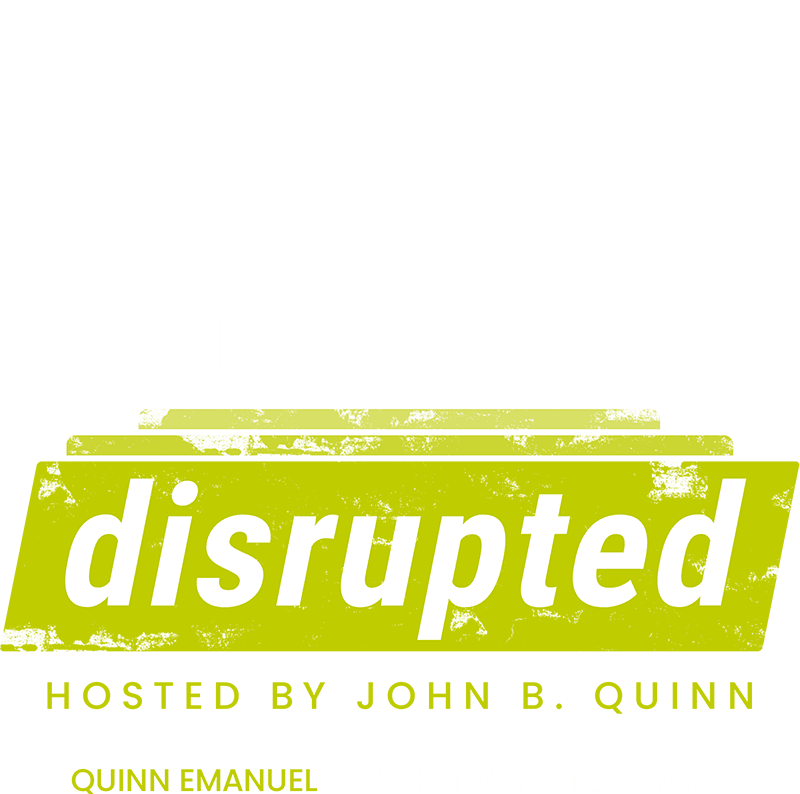Episode description:
John Quinn is joined by Michael Barlow, Managing Partner and Founding Member of Quinn Emanuel’s Wilmington, Delaware office. They discuss the evolving state of Delaware corporate law and the legislative response to growing dissatisfaction among corporations over the recent legal treatment of conflicted transactions. Traditionally, Delaware law has deferred in general to corporate decision-making under the business judgment rule, but rigorously reviewed transactions involving conflicts of interest—particularly those involving controlling shareholders—under an “entire fairness review.” Entire fairness reviews are fact-intensive and include scrutinizing both the process and terms of the transaction, making early dismissal of claims rare. In response, Delaware courts developed a safe harbor called the “MFW” framework. The “MFW” framework involved approval by a special committee of disinterested directors and the minority shareholders. Still, even under the MFW framework, motions to dismiss were granted in fewer than 40% of cases, leading to frustration among deal planners.
Despite these odds, a Quinn Emanuel team led by Michael recently won a rare complete dismissal of an entire fairness case on behalf of Fidelity National Financial, Inc. In that case, the court ruled that there were no alleged facts that could support the conclusion that the preferred stock transaction at issue was unfair.
Frustration among corporate deal planners with what was perceived as activist judicial decisions creating uncertainty (e.g., as to what was a “controlling stockholder,” among other things) has recently led to Tesla, Dropbox and other corporations to express their intent to leave Delaware as their state of incorporation. “DExit,” is the term coined to describe this trend. To address these concerns, Delaware enacted Senate Bill 21, a bipartisan effort to clarify and narrow the standards for conflicted transactions. The legislation provides clearer definitions of controlling stockholders and establishes safe harbors for dismissing cases early if certain procedural protections are followed. It also reforms the state’s books-and-records statute (Section 220) by limiting the scope of pre-suit corporate document demands. The next few years will test how effectively the new legislation meets the corporate world’s demand for greater legal certainty. Finally, Michael believes that Delaware will continue to lead the nation in corporate law due to its unparalleled legal infrastructure and judicial expertise.
Published: May 15 2025











